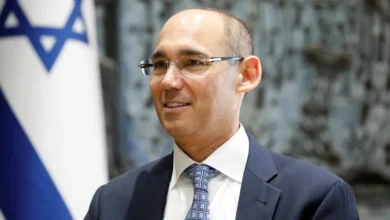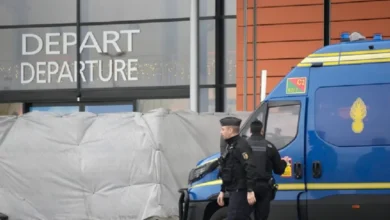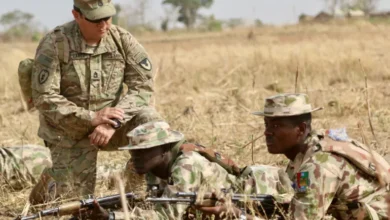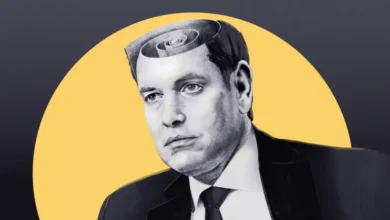Corpses, men who don’t know their names: Scenes from a Damascus hospital

In the furthest room of the Mujtahid Hospital basement in Damascus, a frail young man with jet-black hair crouches on the floor. He holds his face in his trembling hands as people walk in and out.
People come in to look at him, hoping he might be their lost relative. When they manage to convince the man to look up, his face stares not at them, but through them, his eyes calm but distant.
A young doctor, who asked to remain anonymous, at the reception desk says: “They don’t recognise anyone.
“He only remembers his name, and sometimes it’s the wrong name. It may be the name of one of his cellmates.”
The staff here say the man was tortured at the Red Prison at Sednaya, the most brutal and notorious of prisons the regime of former Syrian President Bashar al-Assad operated.
He is one of many who have been tortured to the point of forgetting their own identities, according to the doctor.
Hospital staff said sometimes families will come and claim a former detainee as a family member. “Sometimes 10 different people believe the same patient is their relative or their son,” he said. “A person’s features change after he stays in prison for a long time.”
What happens far too often, though, is that the family will later discover that the person they brought home is not their relative and they return them to the hospital so their actual families can find them. It’s hard to say if any of this has an effect on the detainees, however.
The movements of the man in the room were gentle and slow. He was never violent or aggressive.
When spoken to by visitors or hospital staff, he mostly did not respond. Sometimes he would utter a one-word answer.
Sometimes he would simply stare off into space as if he were daydreaming. Mostly, he laid his head in his hands.










